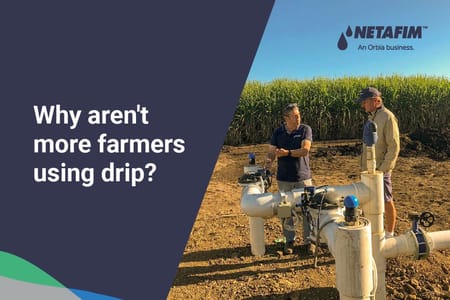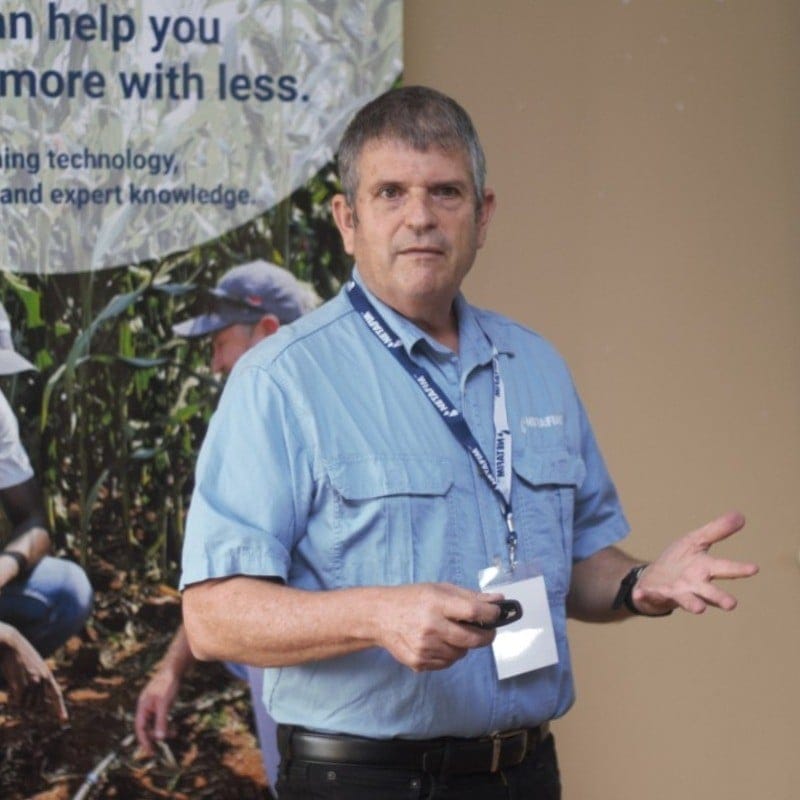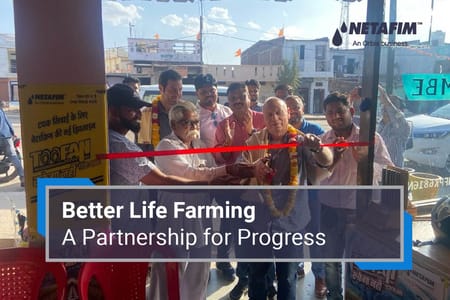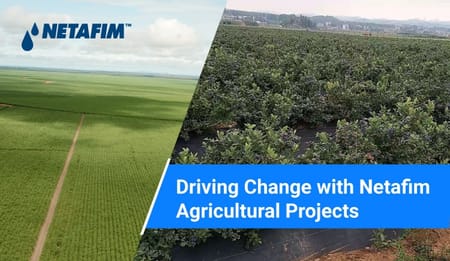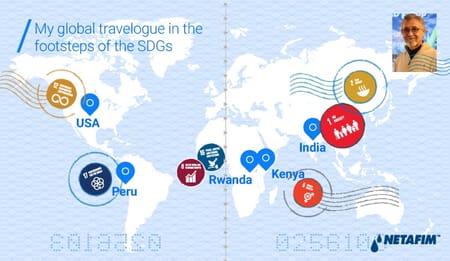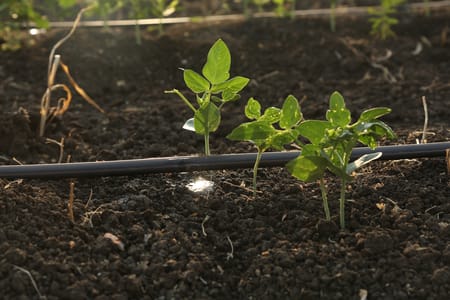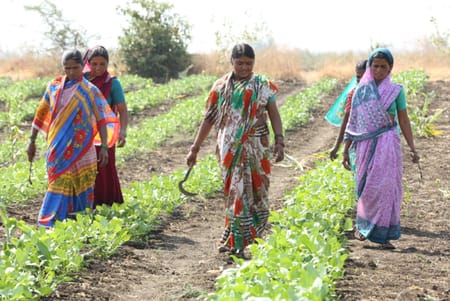Breaking Barriers in Precision Irrigation Adoption
Drip irrigation, celebrated for its precision and efficiency, is a game-changer for sustainable agriculture. It conserves water, cuts down on fertilizer use, and boosts crop yields, addressing some of the most pressing agricultural challenges. Yet, despite these advantages, it’s been adopted on only 4-5% of irrigated land globally. Why hasn’t this groundbreaking technology been embraced more widely?

